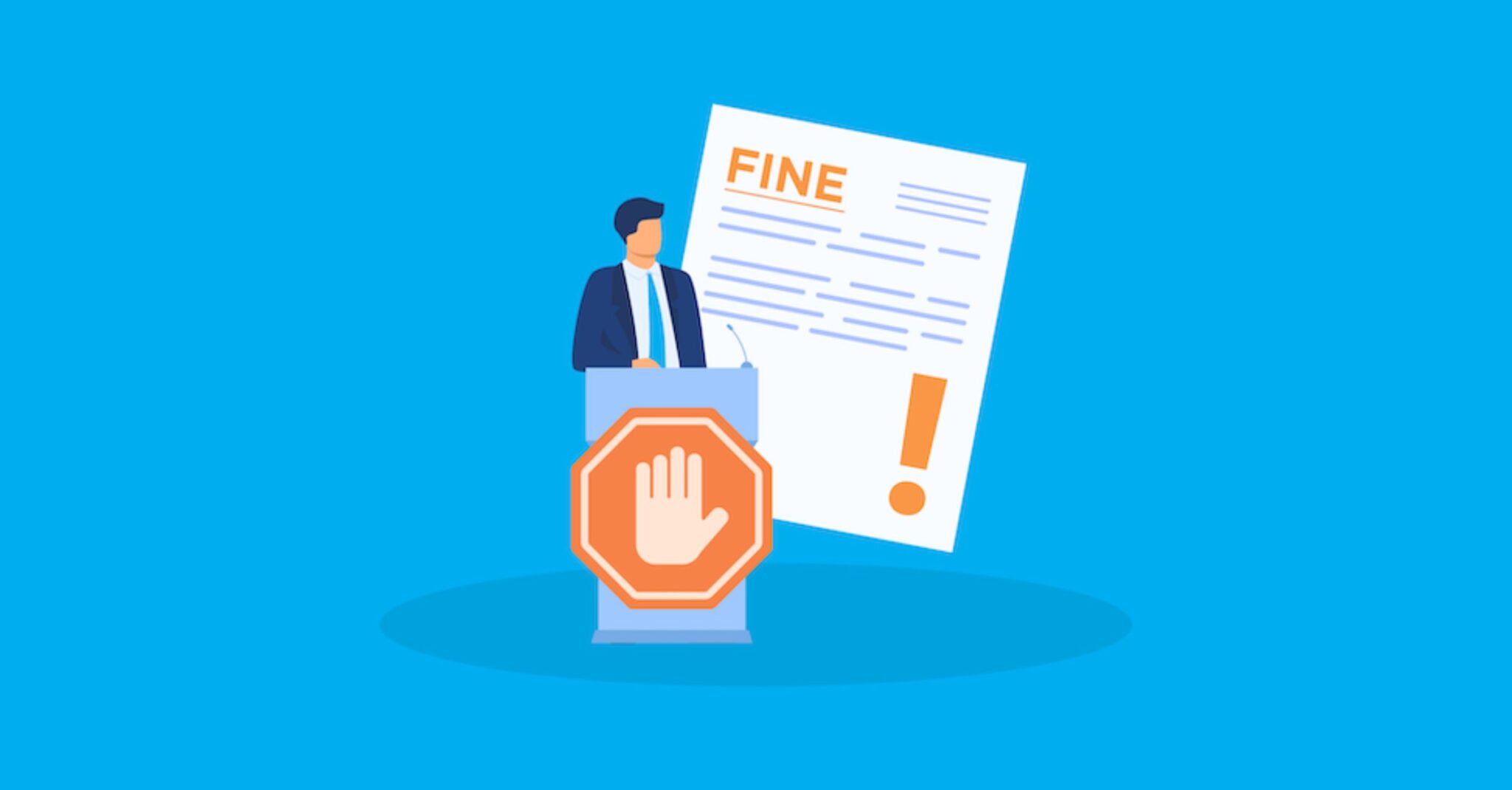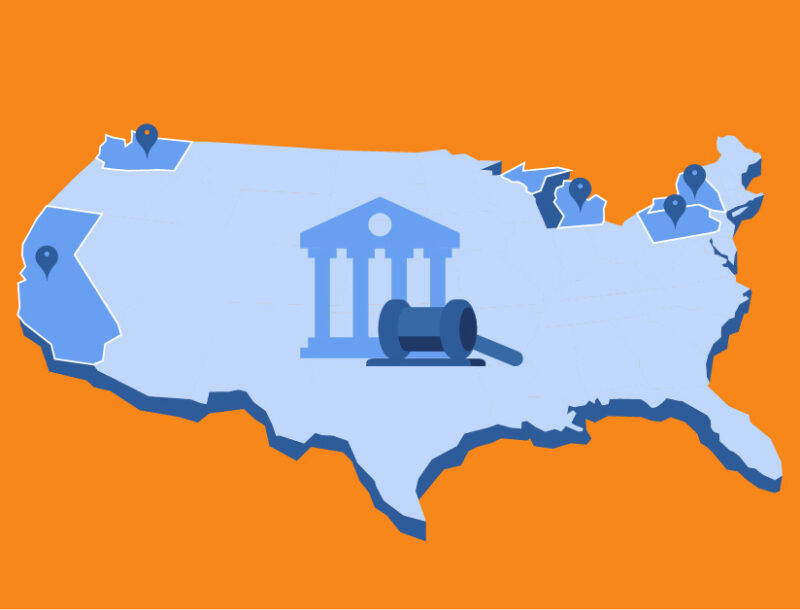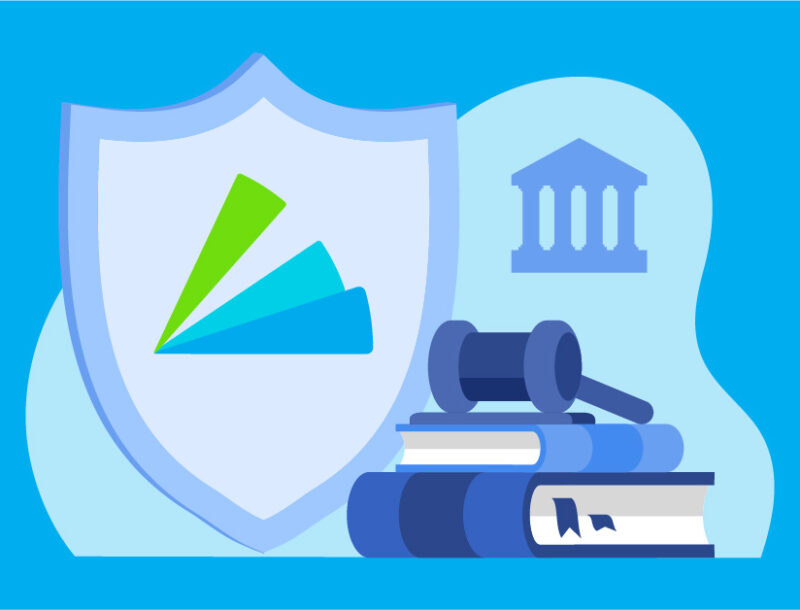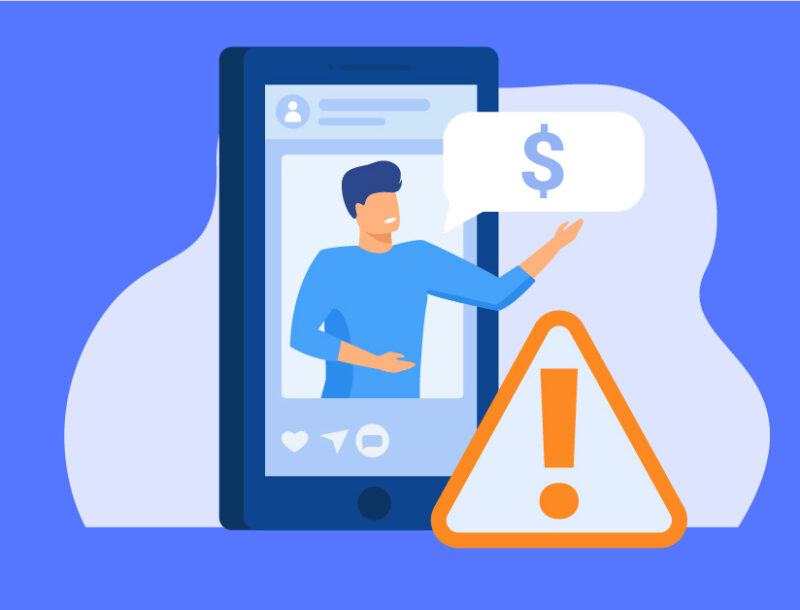The Pandemic Isn't Slowing Down CFPB's Supervisory or Enforcement

Please note this article was published in 2020 and the information included may have since changed.
The COVID-19 pandemic has drastically shifted the way that many businesses are operating, and the Consumer Financial Protection Bureau (CFPB) is no exception. As the current financial crisis continues to have a significant impact on the financial wellbeing of consumers, the Bureau is taking action to ensure that those in the financial services industry are staying committed to helping and protecting consumers.
As part of the CFPB’s Consumer Financial Protection Week, Kathleen Kraninger, CFPB Director, and Brian Schneider, Director of Supervision and Enforcement, shared insights on how the Bureau is conducting supervisory and enforcement actions during the pandemic. Here’s what they had to say.
Prioritized Assessments
It has become clear that the pandemic is having a substantial effect on the offering of financial products and services and a substantial effect on related consumer risks.
—Kathleen Kraninger, Director of the Consumer Financial Protection Bureau
In direct response to the pandemic, the Bureau has developed a new targeted approach, called “prioritized assessments,” that focuses specifically on the markets and institutions that pose the highest risk to consumer harm in relation to the pandemic.
The Bureau has rescheduled half of their planned examination work for the next quarter of exams to shift their focus on the new approach. More higher-level inquiries than traditional examinations, these prioritized assessments are designed to obtain real-time information from organizations that pose the most risk and allow for the expansion of oversight to cover more institutions. The goal is to get a better understanding of industry responses to pandemic-related challenges and ensure institutions are in compliance with federal consumer financial laws.
Further, the Bureau is prioritizing industries that have special provisions to help consumers under the Coronavirus Aid, Relief, and Economic Security (CARES) Act, which are: mortgage servicing, consumer reporting, auto loan servicing, student loan servicing, and collections. The Bureau plans to look at all pandemic-related servicing activities of these markets, including the execution of the CARES Act.
Unique Challenges with Student Loans
Student loans present unique challenges in the light of the COVID-associated economic shock and relief efforts, with borrowers facing job loss and growing bills. Many borrowers were already struggling to understand their repayment and relief options before the crisis. This consideration, paired with the large size of the market and consumer complaint data, poses a big risk to organizations.
The Bureau is working with federal student aid groups on prioritized assessments for student loans, which will focus on the operational and logistical challenges servicers face and payment relief options for consumers experiencing economic shock.
Non-Pandemic Related Exam Work
Even with 50% of planned examinations rescheduled, much of the Bureau’s work remains ongoing as the staff has adapted to working from their home offices. This work includes ongoing communication with institution personnel, stakeholders, and sister regulatory agencies, and submitting follow up requests and questions to supervised entities.
Remote examinations, however, have presented some challenges in communication with individuals and delays in receiving information from entities. In many instances, these challenges stem from an institution’s less-than-robust remote access to systems and processes for its employees, which delays the institution’s ability to produce necessary documents and information for examiners.
In the face of changing circumstances, continued communication is key.
—Brian Schneider, Director of Supervision and Enforcement, CFPB
Taking these challenges into the account, the Bureau is “committed to maintaining the ongoing monitoring and dialogue with all supervised institutions” to help examiners stay informed about evolving changes at the institution.
Enforcement Work
As Schneider puts it, enforcements are an important part of the Bureau’s activities because education, rulemaking, and supervision alone won’t prevent a re-violation. Public enforcement actions stop ongoing consumer harm, prevent future harm, and deters other organizations from taking the same actions. The Bureau is mindful that its enforcement covers a wide variety of products and markets, including banks, non-banks, and individuals.
That said, the pandemic has not affected the Bureau’s willingness or ability to use enforcement as a tool to regulate the financial services marketplace. They are continuously monitoring the marketplace in real-time, coordinating with federal, state, and local regulators, and are committed to aggressively enforcing consumer protection laws in all markets.
We will not hesitate to take public action when appropriate against companies or individuals that engage in unfair, deceptive or abusive practices, discriminate or otherwise violate consumer protection laws and orders to take advantage of the COVID-19 pandemic.
—Brian Schneider, Director of Supervision and Enforcement, CFPB
As vigorously as they will be monitoring the marketplace, the Bureau is taking into consideration the unique circumstances that the pandemic is presenting financial institutions with, such as staffing or other resource-related challenges, and will be sensitive to good-faith efforts to comply.
How are you complying with consumer protection laws during the crisis?
While the pandemic may have shifted the CFPB’s supervisory and enforcement priorities, it has in no way slowed them down. During times of financial crisis or not, the CFPB has made it clear that there is a zero-tolerance policy when it comes to violating consumer protection laws. It’s critical to ensure that your organization is making a good-faith effort to comply with the laws in order to protect consumers against financial harm and yourself from substantial enforcement actions and penalties.
Learn how PerformLine can help by speaking to one of our experts today.


